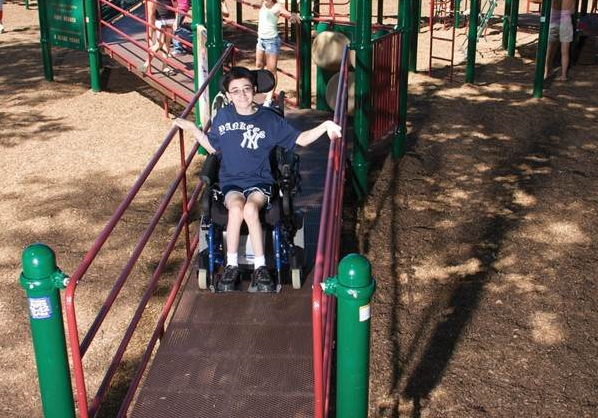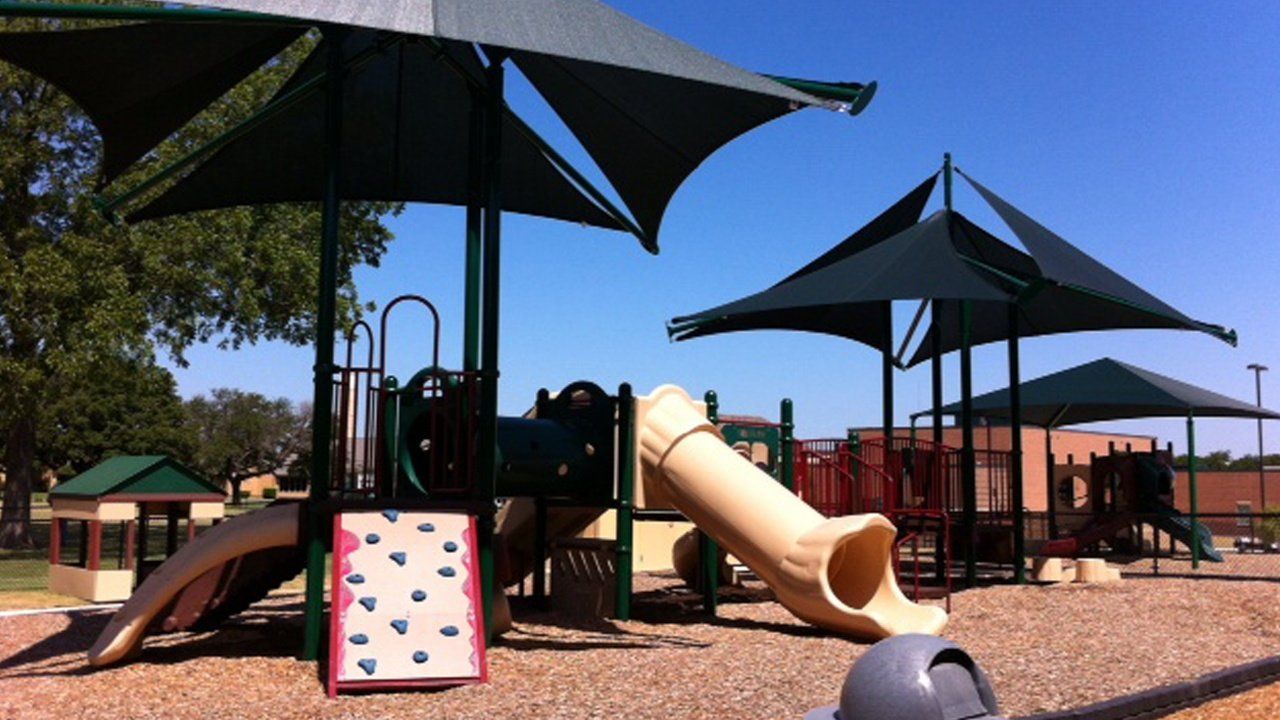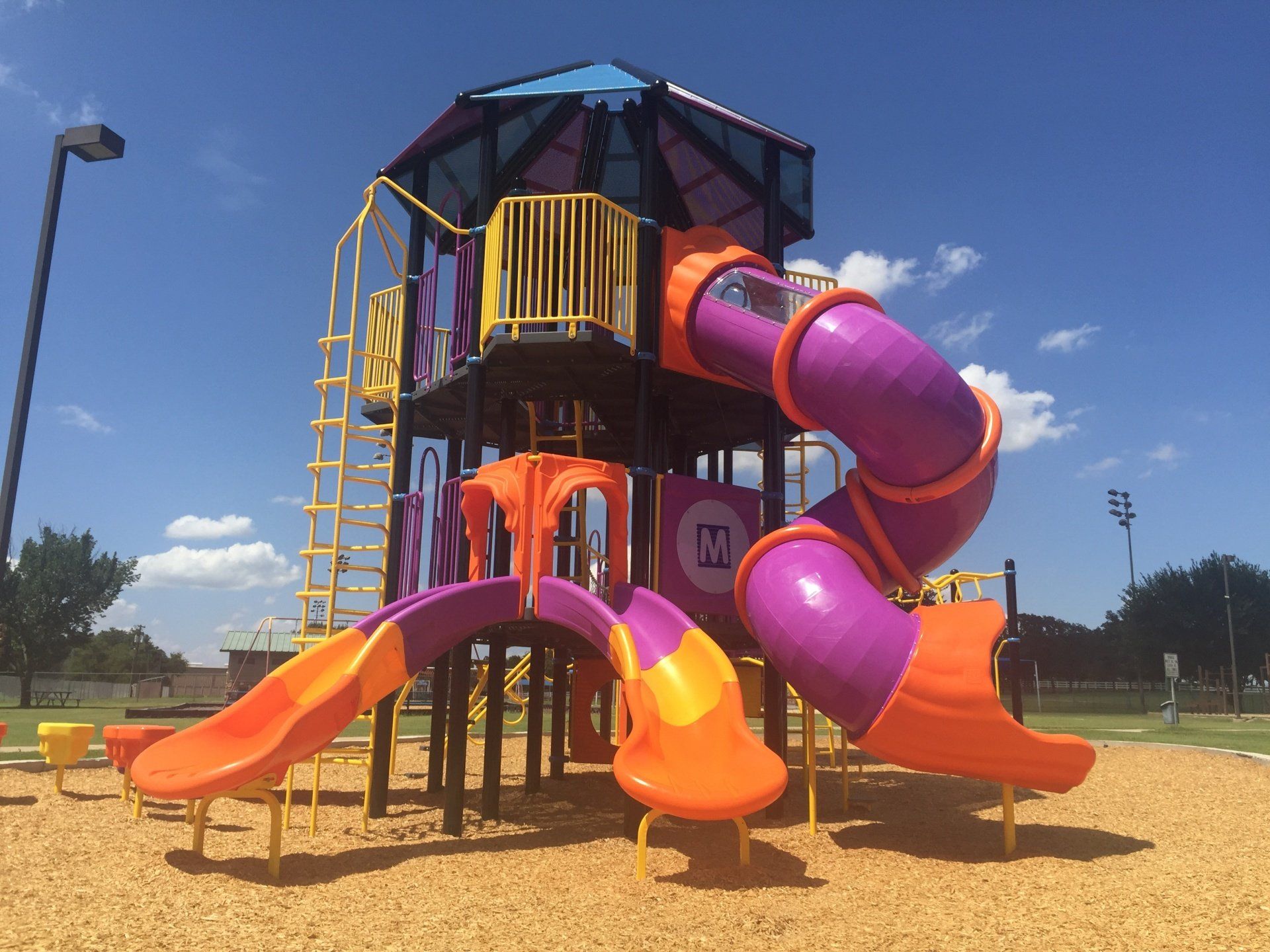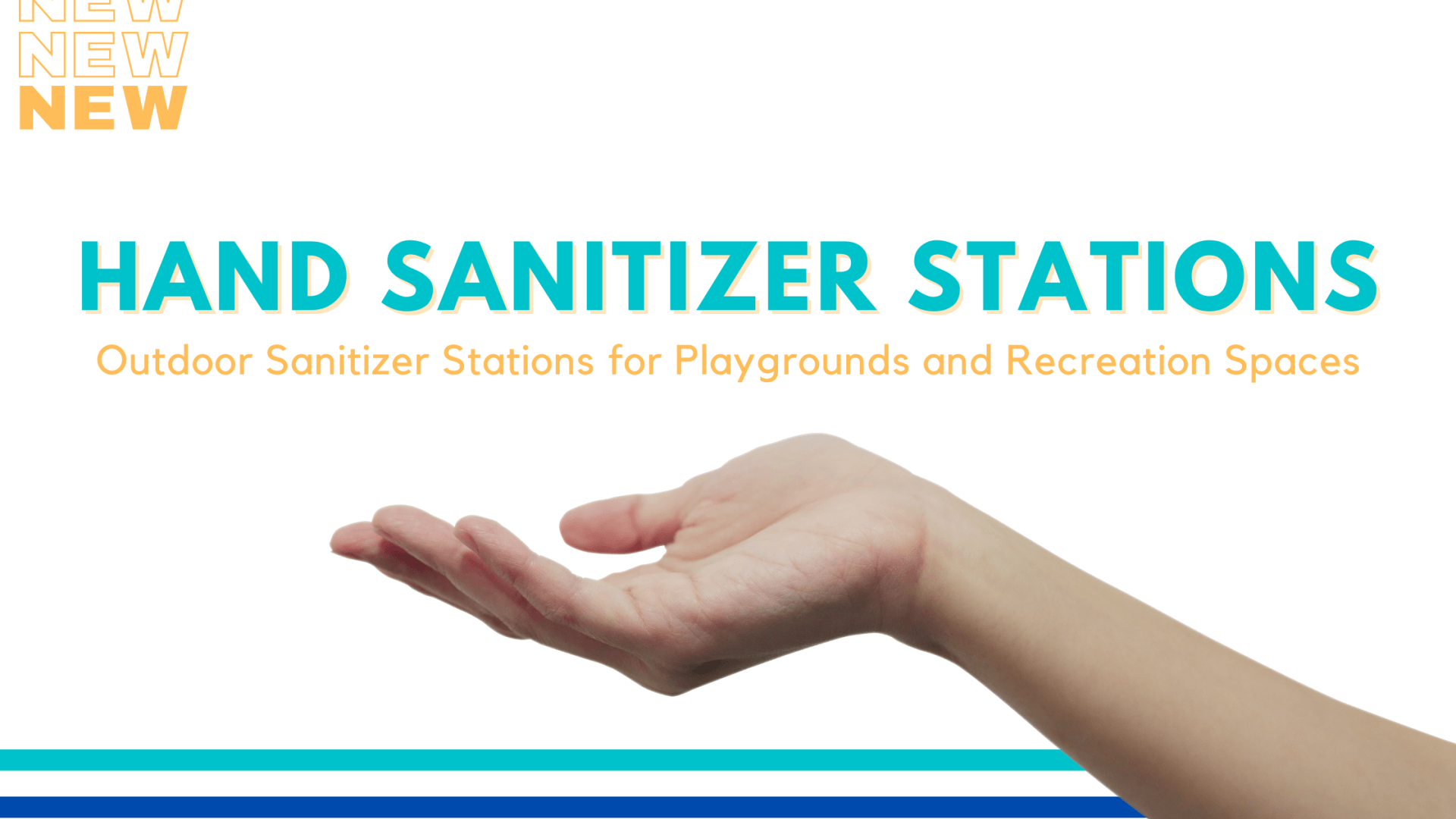The Importance of Inclusive Play for All Children
Making playgrounds for everyone

All kids enjoying playing; whether it’s being creative and imaginative, or silly and rambunctious, the urge to play is natural. Adults enjoy “play” too, just in a different form; think happy hour, vacation, golf, girl’s night out, etc. Even animals – baby and adult – enjoy playing. Don’t you think something that’s such an instinctive behavior in both children and adults, human and animal, must hold some sort of inherent purpose in our lives?
Why is Play Important?
The basic most obvious reason that play is important is because it makes us happy. Our level of contentedness with life plays a big role in our overall mental and physical health. If life is all work and no play, it can lead to depression, high levels of stress, ongoing tension and exhaustion; all of these things have been directly linked to increased health issues. In this sense, play improves our quality of life – it creates positive emotions, relieves stress and lightens the burden of everyday life – for both children and adults.
Another big reason play is important is that it contributes to children’s mental and physical development – especially during early childhood. Play is the core basis of how kids come to learn and understand the world around them. Play helps shape a child’s development by stimulating the neurological connections within the brain. Development of motor skills (fine and gross), creativity/imagination, awareness of self and others, language skills, social/emotional skills, self-esteem, problem-solving, muscle development, and ability to learn are all influenced by a child’s play. In short, play supplies the brain with what it needs for learning later in life, maximizing the child’s chance of being a happy and healthy member of society.
What is Inclusive Play and Why is it Important?
Children with special needs do not often have the same opportunities as other children to engage in physical play at the playground. More often than not, they have obstacles that prevent them from being able to participate. Inclusive play allows children with different needs the opportunity to play side-by-side on the same playground.
Inclusive play is beneficial for all children. It allows the opportunity for children with special needs to experience the positive impact that play has on their development and overall well-being. It allows typically developing children to view the world through a different, more diverse lens. Kids with a diverse range of abilities playing together in the same space will develop a sense of equality and togetherness they will never experience if they remain separated in play. It allows them all to interact with one another, exposing their differences, but highlighting their similarities at the same time, helping them to develop an awareness, respect and understanding of people with all abilities.
However, the number one reason that inclusive play is important is that it allows children to have access to the play time that can help them develop into happy and healthy, functioning adults.
To learn more about inclusive play, or for information on building an inclusive playground, contact us today for a free consultation. We would love to help you bring your inclusive playground ideas to life!













